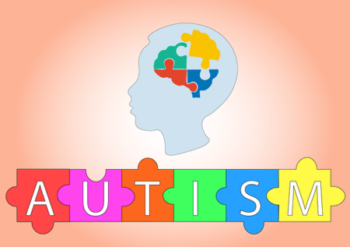
The cause of autism has eluded scientists and health care professionals for years. Recent studies appear to suggest that pregnancy-related factors increase a child’s risk for autism.
Potential Autism Risk Factors
The prevalence of autism in the United States has been increasing in recent years. For example, in Illinois, 7.02% of the children aged 3-21 who were receiving special education services in 2014 had autism. That was an increase of more than 5% from 2000 when just 1.46% of the children had autism.
Many studies have been examining the possible risk factors for autism. Recent ones support the hypothesis that pregnancy-related complications may increase autism risk.
Birth Complications
A recent study conducted by Kaiser Permanente analyzed the records from almost 600,000 births. It found that babies exposed to complications during birth had a 10% increased risk of developing autism compared to those who did not experience any complications. Children exposed to complications both before and during birth had a 44% higher risk for autism. According to the findings, the complications that were highly associated with autism were deprivation of oxygen and preeclampsia.
A review of 40 different studies that was published in Pediatrics also concluded that there is some evidence suggesting that various factors during delivery time could increase a child’s risk of developing autism. The factors include:
- Fetal distress
- Neonatal anemia
- Meconium aspiration
- Feeding difficulties
- Umbilical cord problems
- Maternal hemorrhage
Oxygen Deprivation
Researchers have found a high association between oxygen deprivation and increased autism risk. For instance, meconium aspiration has been linked to a sevenfold increase in the chances of a child developing autism. The condition occurs when a fetus breathes in waste products after being under stress and deprived of oxygen in the womb.
Other pregnancy-related conditions that have been associated with a risk for autism and are related to decreased oxygen supply include prolonged labor, maternal hypertension, cesarean delivery, umbilical cord complications, and low Apgar score.
Some of the brain abnormalities observed in people with autism are believed to reflect a possible role that oxygen deprivation might have played during development. For example, hypoxia – a condition that occurs when the body does not get adequate oxygen – has been shown to raise dopaminergic activity. Evidence exists of there being overactivation of dopamine in autism.
Scientists have found that the total costs of supporting an individual with an autism spectrum disorder linked with intellectual disability can add up to $2.4 million. Birth injuries, particularly those that cause oxygen deprivation, seem to be a possible cause of autism. Some of these injuries are caused by the bad decision-making of a health care practitioner. A birth injury lawyer can help families recover damages for the harm caused before or during birth.

